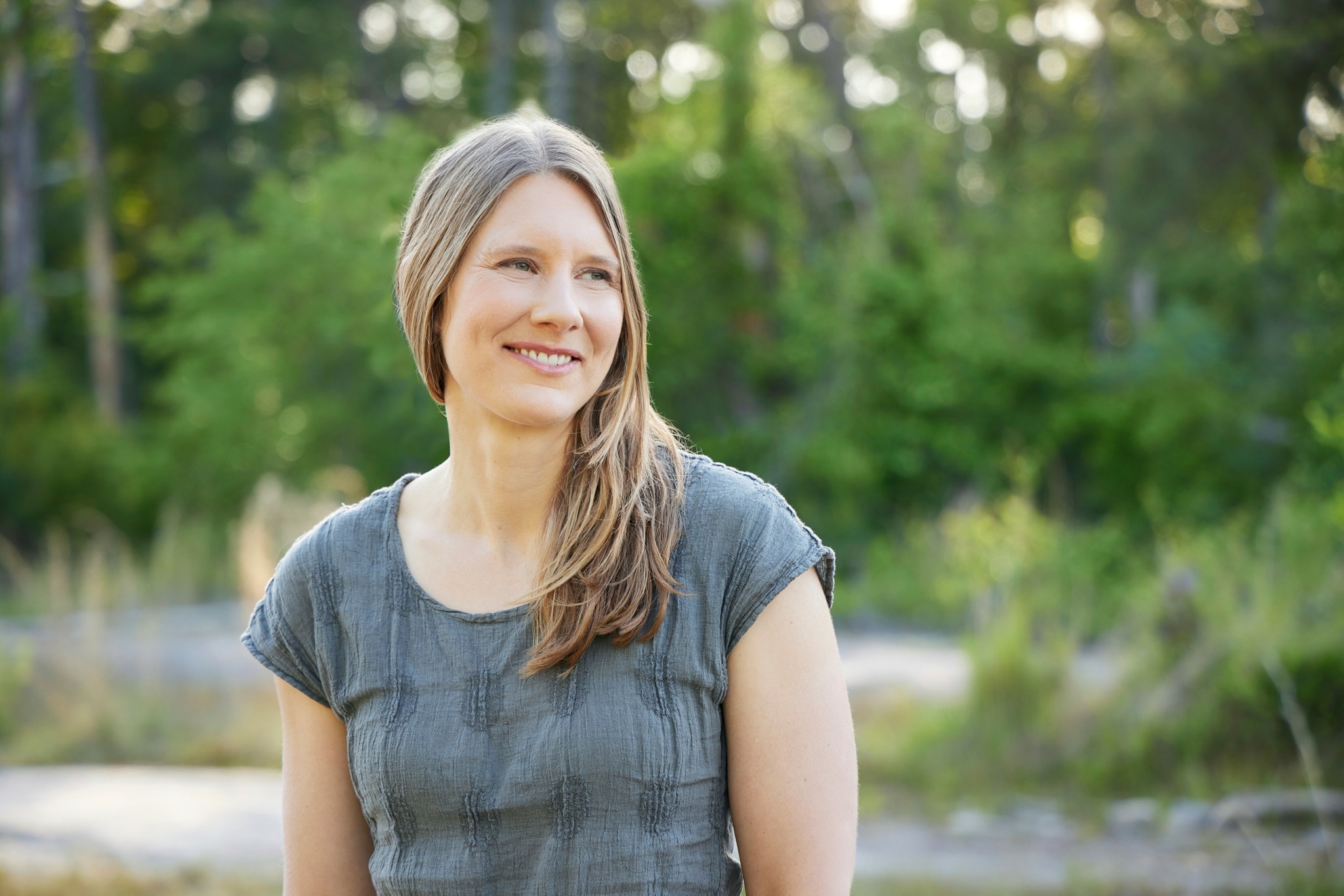Alright – so today we’ve got the honor of introducing you to Meredith Walters. We think you’ll enjoy our conversation, we’ve shared it below.
Hi Meredith, thanks for joining us today. Was there a moment in your career that meaningfully altered your trajectory? If so, we’d love to hear the backstory.
One of the biggest turning points in my life occurred when I looked into the eye of an American robin and was captivated by the deep, more-than-human knowing I saw there. The idea for a novel immediately came to me, one that took the hierarchy that holds humans as the wisest, most evolved, most valuable animals on the planet and turned it on its head.
It was an unlikely moment, because I’d given up on writing over twenty-five years before.
As a child, I loved nothing more than to wander the woods looking for animals and magic and write stories about what I found. I loved it so much, I wrote my first novel when I was twelve. Convinced everyone else would be as excited about it as I was, I entered it into my school’s book contest. My story received the second-to-lowest possible score.
I was devasted. What I had assumed was a special gift suddenly felt worthless. I gave up on novels, wrote a few short stories in high school, then stopped writing completely after that.
Meanwhile, I got depressed. Eventually, it got so bad I sought out therapy and self-help groups. Slowly, I began to heal, which for me meant reconnecting with myself and the things I’d loved as a kid.
I began to walk regularly through the forests near my home, getting to know the insects and animals around me first as acquaintances, then friends, then long-forgotten family. Reenergized by my reunion with my wild neighbors, I started a blog for my new coaching practice. Before long, I was writing a series of short stories for my clients about the first hero to go on a quest to find his calling.
If I look closely enough at any defining moment in my life, I find the hundreds of little moments that led up to it. Every choice I’ve made—whether momentous or seemingly inconsequential—either takes me closer to my true self or farther away from it.
In my case, all those nature walks, blog posts, and short stories made possible the crossroads when I saw the robin and recognized something in her eyes—something that led me home to the wisdom and love of natural world, the joy of writing, and the confidence of my inner twelve-year-old who knew without a doubt she not only could write a novel, but had to.
That novel, which I eventually named This Animal Body, was published last year. It’s already won three awards and was featured as a top indie book by Publishers Weekly’s BookLife Indie Spotlight.
Now I’m back to wandering the woods and writing about what I find in my Substack publication—Real-World Magic: Unlikely Discoveries and Unexpected Joy in the Natural World. I’d love anyone who could use a bit more magic in their lives to find me there and join the conversation: https://meredithwalters.substack.com
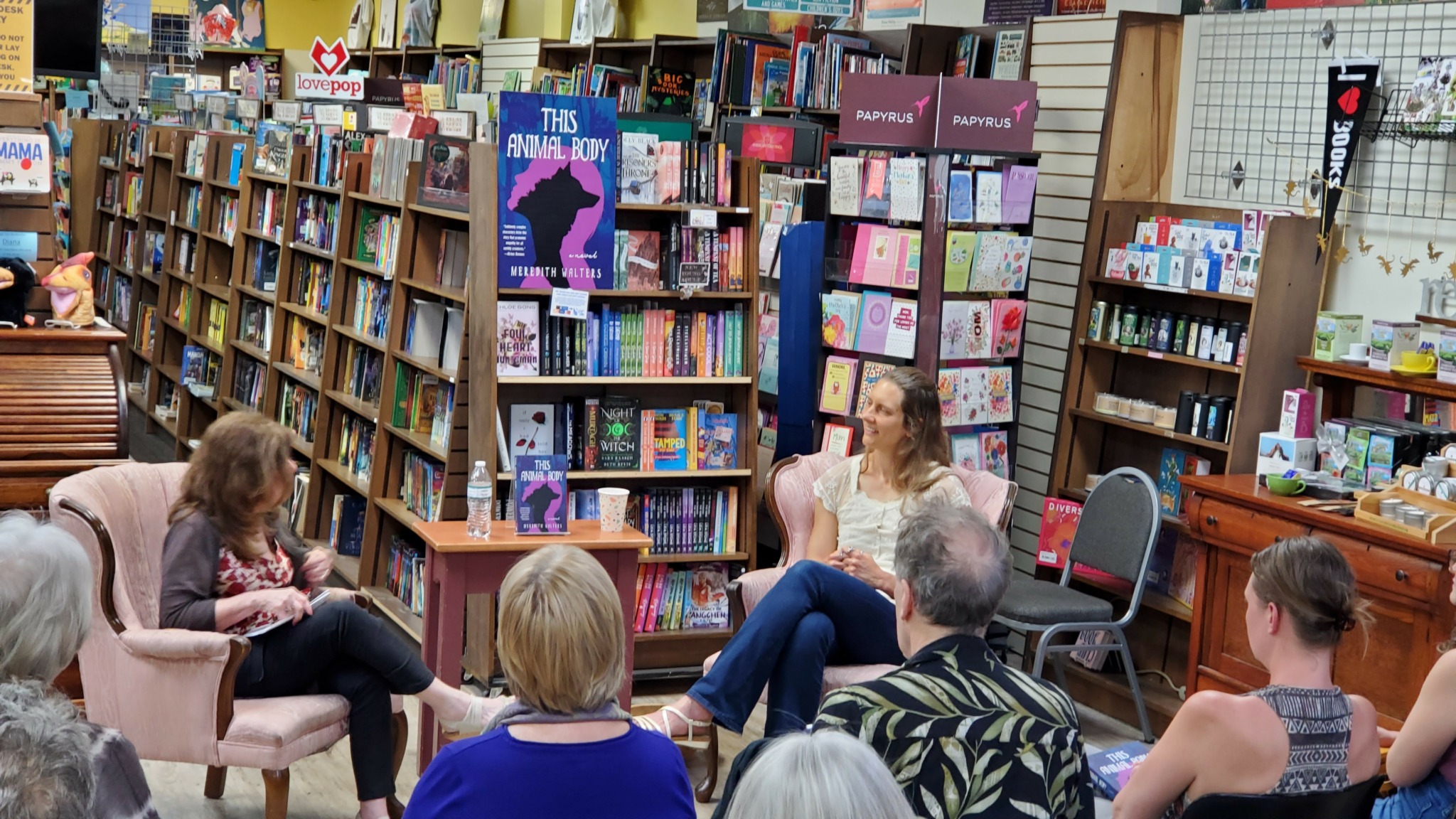
Awesome – so before we get into the rest of our questions, can you briefly introduce yourself to our readers.
The path to what I’m doing now was long, crooked, and not particularly pretty.
I struggled with anxiety and depression for over twenty years; gave up doing the thing I loved most for over a decade; and jumped between eleven jobs in my first eleven years after college. But by the time I was in my mid-thirties, I’d finally found some peace. After years of working hard to learn about myself and heal, I’d found much more joy and fulfillment; I’d reengaged with my love of writing; and I finally felt like I had something of value to offer the world.
It dawned on me that I was far from the only person who had struggled to find my path, and that what I’d learned could help others too.
I trained to become an integral coach and now get lots of joy using all the things I learned the hard way to help others remember who they are and what they have to give the world. Often, that means helping folks who are unhappy at work discover greater joy and satisfaction by finding their calling and fulfilling their purpose—in practical ways that acknowledge their desires and their need for an income.
Involving nature, creativity, and play as much as possible, I help clients reconnect with their truest, deepest selves and find their path by learning how to tap into their forgotten intuition and rediscovering their power, passion, and purpose. I then help them design their work and lives around what’s most essential to them.
In addition to coaching, I write short essays and longer stories that invite you to discover the magic of reconnecting with your wonderful, wild self and the wider, living world. I share my writings in my free Substack publication (Real-World Magic: Unlikely Discoveries and Unexpected Joy in the Natural World, https://meredithwalters.substack.com) and my award-winning novel, This Animal Body, published in 2024 by SparkPress (https://meredithwalters.com/books/).
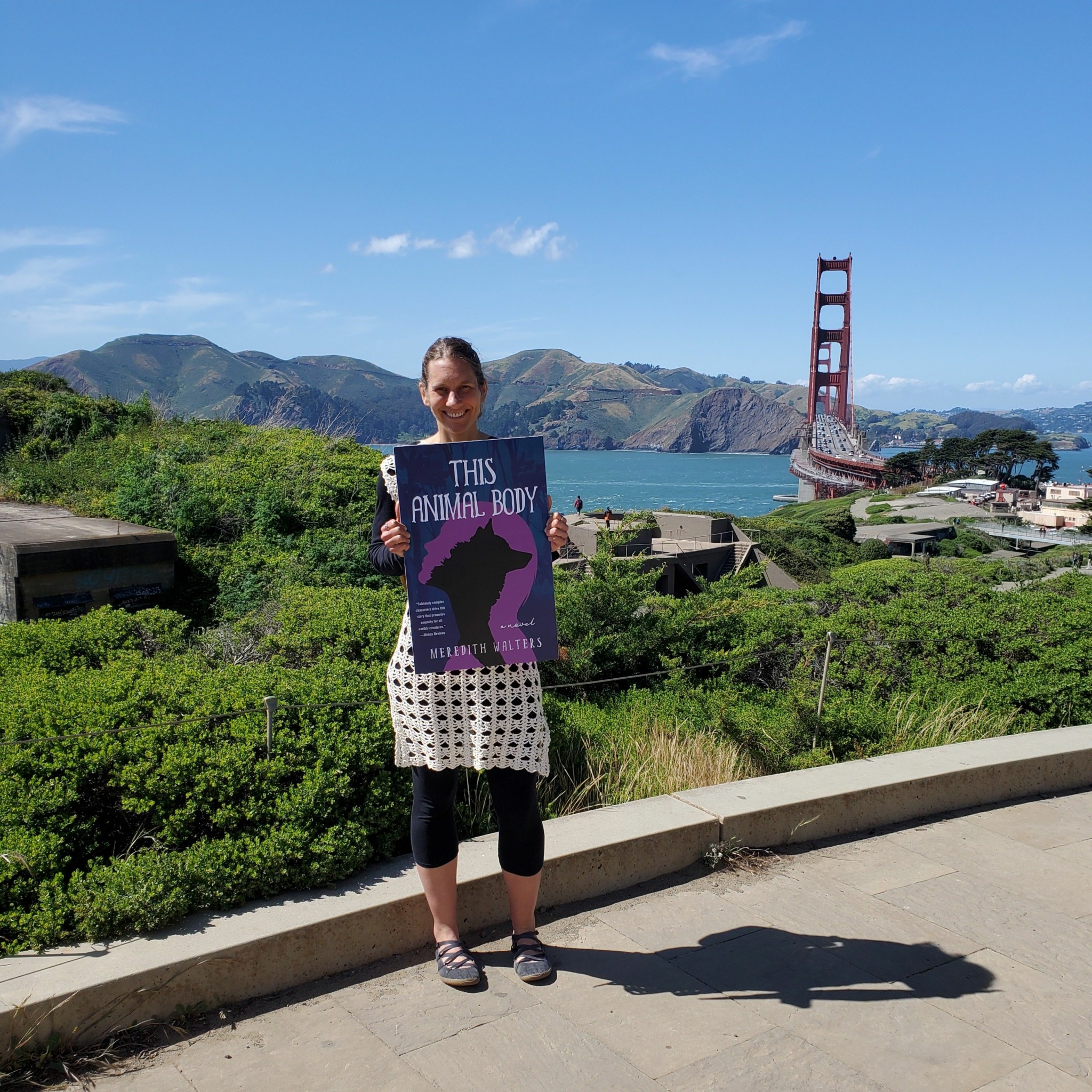
Learning and unlearning are both critical parts of growth – can you share a story of a time when you had to unlearn a lesson?
One of the biggest things I’ve had to unlearn is setting goals and making decisions from my smallest self.
Part of me wants the outward success we all dream of—tons of clients, millions of followers, a bestselling book, an invitation to be interviewed by Oprah. So much in our culture tells us that this is what we should want.
But I find that when I go after these things, nothing is ever enough. I push myself hard, do things I hate, and ultimately burn out. Any satisfaction I find from positive outcomes is short-lived, because I always want more.
That’s because these goals come from my smallest self, the one that’s concerned with my survival and the things it thinks will ensure that, like money, status, and popularity. Survival is important, and my small self helps me in many ways, but it’s not the part of me I want at the wheel when I’m making decisions about what to do with my life.
There’s a much bigger, deeper, wiser part of me that knows what’s most important (and it’s not money, status, or popularity). I’ve learned to listen to this larger part of me, because when I do, I can find joy and fulfillment in almost anything I do. I don’t worry about outcomes because I know I can meet any challenge with love, kindness, and wisdom. And, perhaps most importantly, I remember how much I have to give.
When I focus on getting lots of clients or selling tons of books, I’m miserable when anything doesn’t go according to plan. But when I focus on what really matters to me—helping other people remember how amazing they are; telling stories that reconnect us with the magic in this world; and creating things that didn’t exist before that have a positive impact—failure becomes impossible because the action itself brings me more alive and delivers what I’m longing for, regardless of how it turns out.
It’s a work in progress. My smallest self—egged on by social media and endless ads—still finds a way to grab the wheel all the time. But more and more, I’m finding my way back to my larger self and the deep satisfaction that comes from knowing that it’s not the followers or the sales or the size of the impact that matters. It’s the fact that I offer what I can freely and with love.
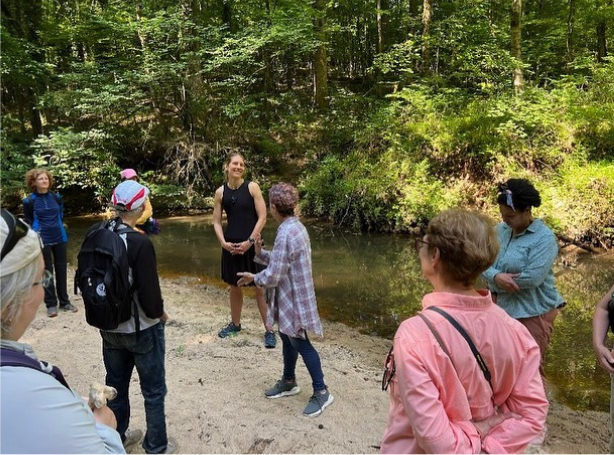
Are there any books, videos, essays or other resources that have significantly impacted your management and entrepreneurial thinking and philosophy?
When you go into business for yourself, the possibility of failure is always terrifyingly close at hand. A book that’s helped me make peace with idea of failing is Let Your Life Speak by Parker Palmer.
In it, Palmer tells the story of a time when he was approaching middle age and had no idea what he wanted to do next in his career.
At one point, he turned to a Quaker woman named Ruth for guidance, sharing that no paths seemed to be opening a way forward for him.
Ruth responded, “In sixty-plus years, way has never opened for me.” Palmer sinks into despair, believing her answer means there’s no hope for him, but then Ruth smiles and adds, “But a lot of way has closed behind me, and that’s had the same guiding effect.”
Palmer then shares how he finally got an interview for the position of president for a small educational institution. He pinned his hopes to that dream, only to make a complete mess of the interview. He didn’t get the job.
But he did keep exploring the question of what he was meant to do, which inspired him to write more and more. Eventually, writing itself became one of the central pillars of his vocation, and Palmer realized that he would never have been happy as president of an institution.
He goes on to say:
“Each time a door closes, the rest of the world opens up. All we need to do is stop pounding on the door that just closed, turn around—which puts the door behind us—and welcome the largeness of life that now lies open to our souls. The door that closed kept us from entering a room, but what now lies before us is the rest of reality.”
So beautifully said, like all of Palmer’s writings.
How we feel about failure depends on the story we tell ourselves about what it means. When I think of failure as the result of a personal defect, the mere possibility can paralyze me. But when I look at it as Parker Palmer does, I remember that we all have strengths and limitations (and, in fact, our limitations are the flip-sides of our strengths).
Failure isn’t some grand judgment against me; rather, it simply points out that this may not be the path I’m meant to be on. And if I can see failure with clear and compassionate eyes, it can even point me in the direction that’s calling me, where the world most needs the exact things I have to give.
Contact Info:
- Website: https://meredithwalters.com/
- Facebook: https://www.facebook.com/meredith.walters.author
- Yelp: https://www.yelp.com/biz/meredith-walters-decatur
- Other: https://meredithwalters.substack.com/
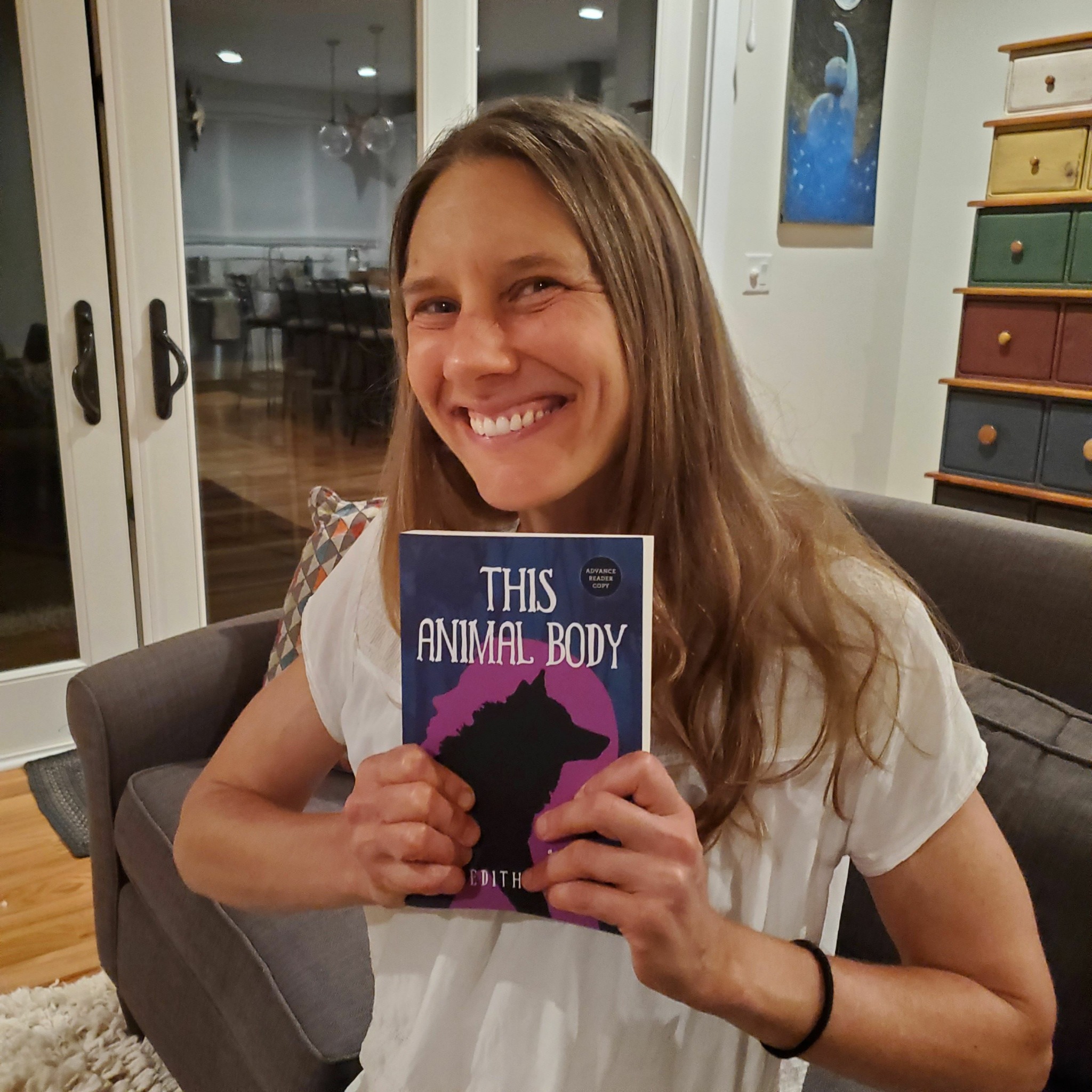
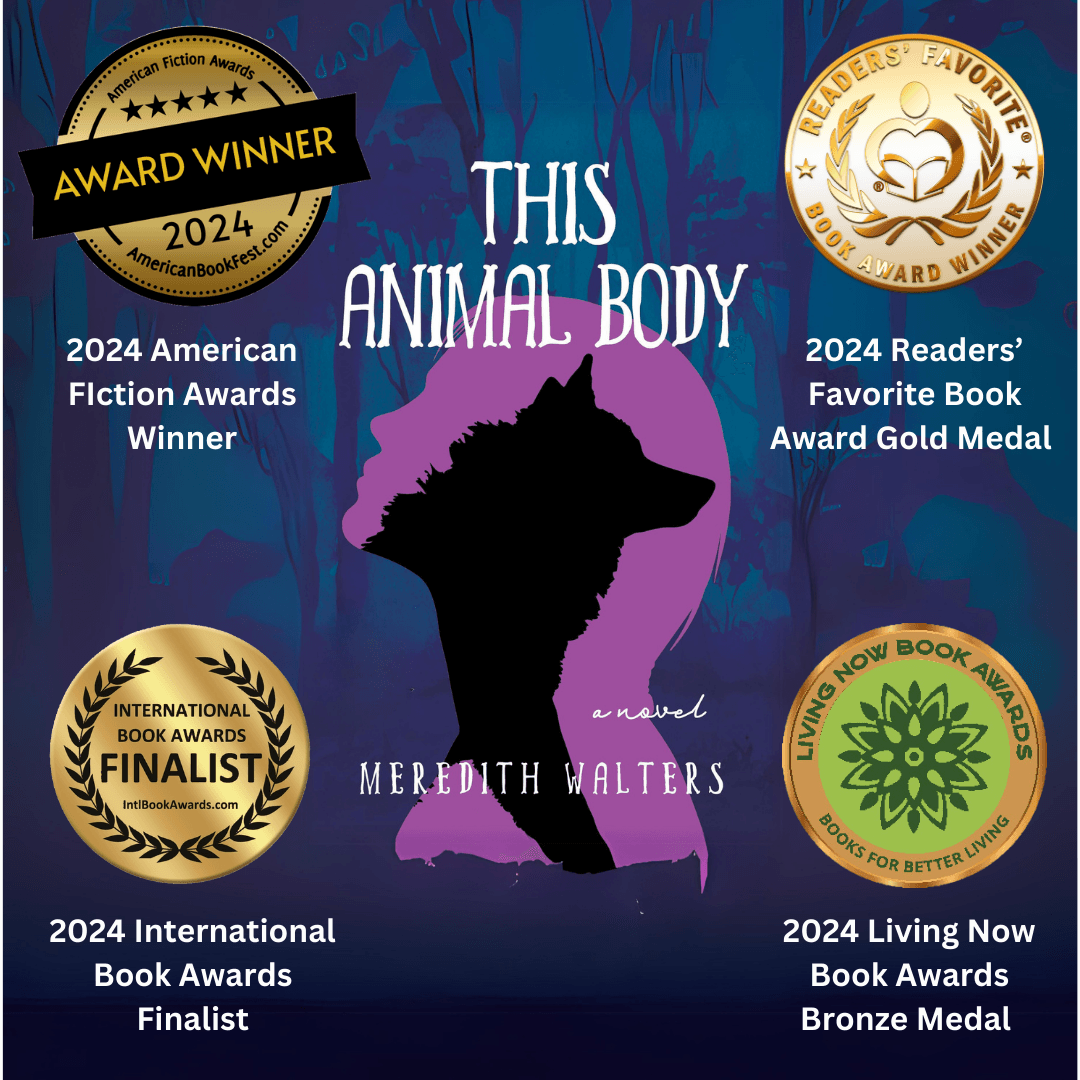
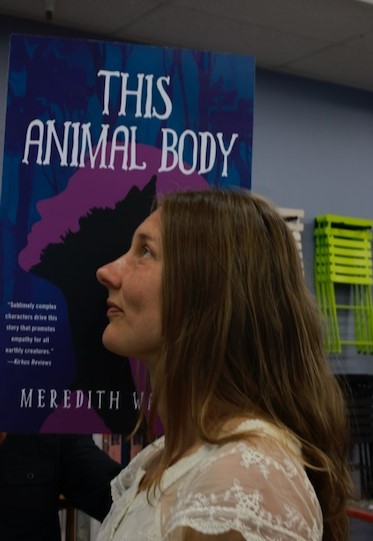
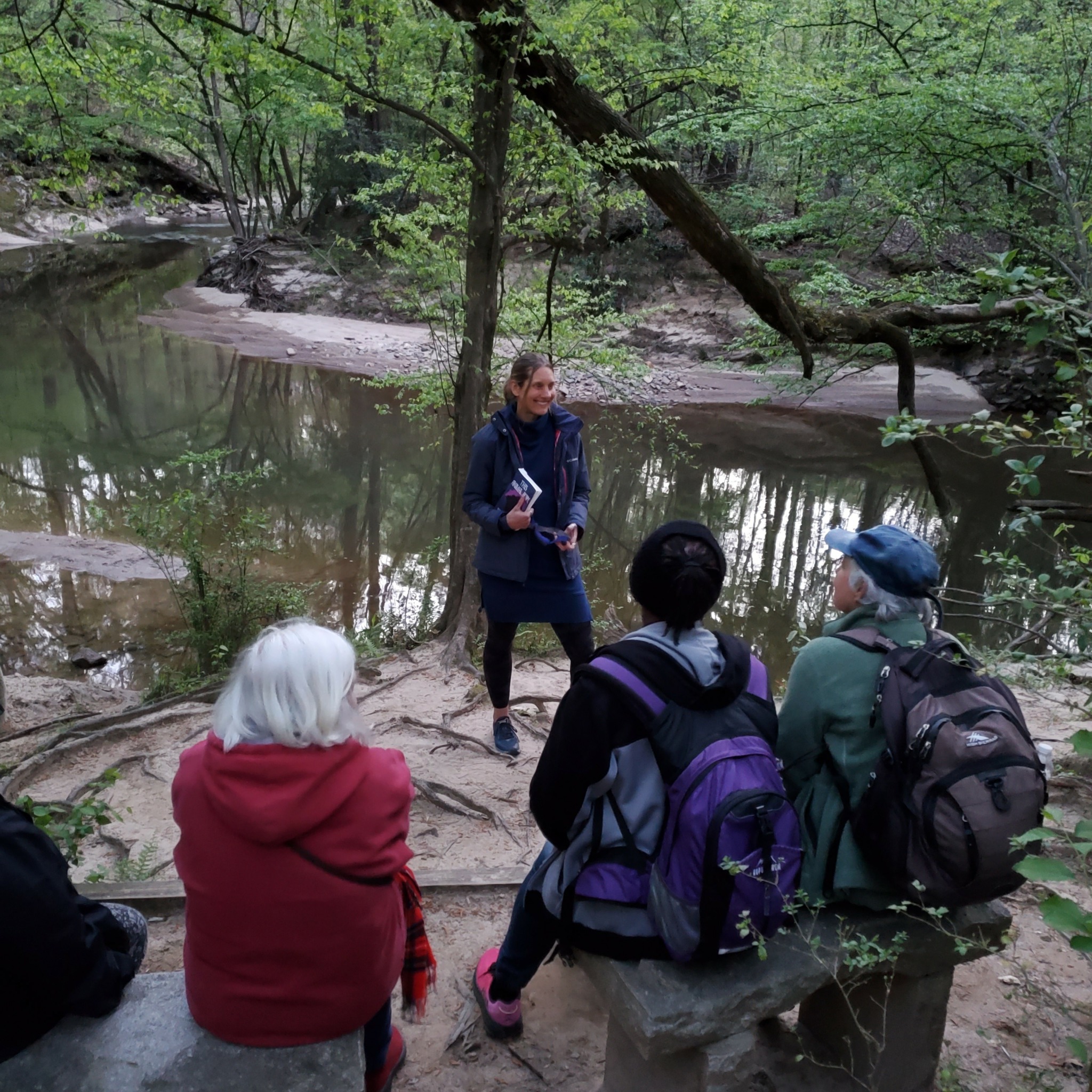
Image Credits
Bonnie Heath
Dan Tennery-Spalding
Helton Felix da Silva


